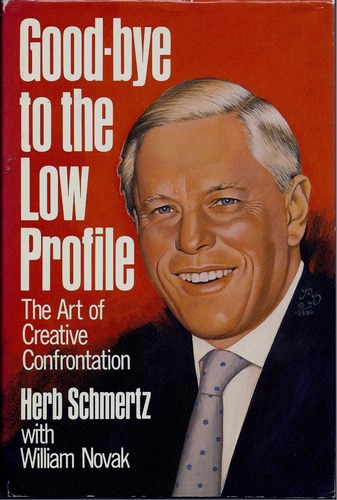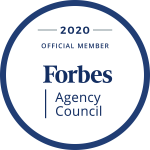The recent passing of Rawleigh Warner, Jr., former Chairman and CEO of Mobil Oil Corp., brings to mind what many consider to be a golden age for Public Relations: the period from the mid-60s to mid-80s, when the PR profession had the mandate, the skills and the balls to stand up to criticism leveled against the organizations and people they represented.
The tip of Mobil’s public relations spear was guided by Herb Schmertz, who served as Vice President of Public Affairs under Warner (and whose credentials included a law degree from Columbia.) During Warner’s tenure, Mobil operated at ground zero of the 1970’s energy crisis, and was a primary target of the American public’s frustration over the availability and price of oil. For more than a decade, Mobil remained in the media’s crosshairs and often served as the corporate poster child for greed and unbridled capitalism.
Herb Schmertz countered public criticism against Mobil with hardball PR tactics, under the pretense that if companies don’t pro-actively participate in pertinent discussions, they deserve what they get, in terms of reputation. Under his regime of “creative confrontation,” Schmertz applied a number of innovative and controversial tactics including:
- Introduction of modern-day advocacy advertising, or “advertorials,” which first appeared on the OpEd page of the New York Times in 1970. Mobil’s weekly commentaries, which Schmertz called “the honorable act of pamphleteering,” covered a broad range of energy related topics – the environment, oil reserves, taxation, regulation – and also took on detractors. The Mobil advertorials eventually were published weekly in several leading daily newspapers over the course of three decades, and serve as the template for what the PR profession now calls thought leadership.
- Corporate underwriting of artistic endeavors unrelated to Mobil’s core issues, including sponsorship of the PBS television series, Masterpiece Theatre. Herb Schmertz called this “affinity-of-purpose marketing,” where audiences associate successful ventures with the companies that sponsor them.
- Slash and burn public relations, where all communication is shut down with a media source considered to be biased or not acting in good faith. Notably, in 1984 Mobil boycotted the Wall Street Journal – refusing to provide the nation’s premier business publication with any information, to respond to its reporters, or to advertise – following what Schmertz considered to be history of inaccurate and biased reporting on Mobil. Although this over-the-top tactic was and is considered childish by many PR and media executives, it made a strong statement to the public and Wall Street Journal editors as well.
Herb Schmertz was no reckless PR cowboy. His communications philosophy was well-grounded in democratic principles, and his tactics well-reasoned and effective. In this 2-minute YouTube clip, Schmertz (who is now 84 years-old) eloquently describes how Mobil’s confrontational and sometimes abrasive public relations strategy reflected the company’s obligation, as a custodian of significant physical, human and economic resources, to maintain its role as one of the pillars of a free society.
In contrast to Schmertz-era brand management, most current PR practitioners are hamstrung by corporate legal counsel, who advocate non-confrontational PR strategies, advising CEOs to simply hunker down and wait for the storm to pass. This enduring one-sided focus on the aversion of legal risk not only has precluded many organizations from opportunities to manage their brand reputation effectively, but has also emasculated the Public Relations profession in the process.
As the PR profession’s role is increasingly relegated to management of Tweets, Likes and unread press releases, as its practitioners continue to lose their seat at the senior management table, and as the long tail of online content extracts a heavy price for avoiding legitimate and timely confrontation, PR professionals will likely wonder why their role as architect and defender of the company’s reputation no longer belongs to them.









